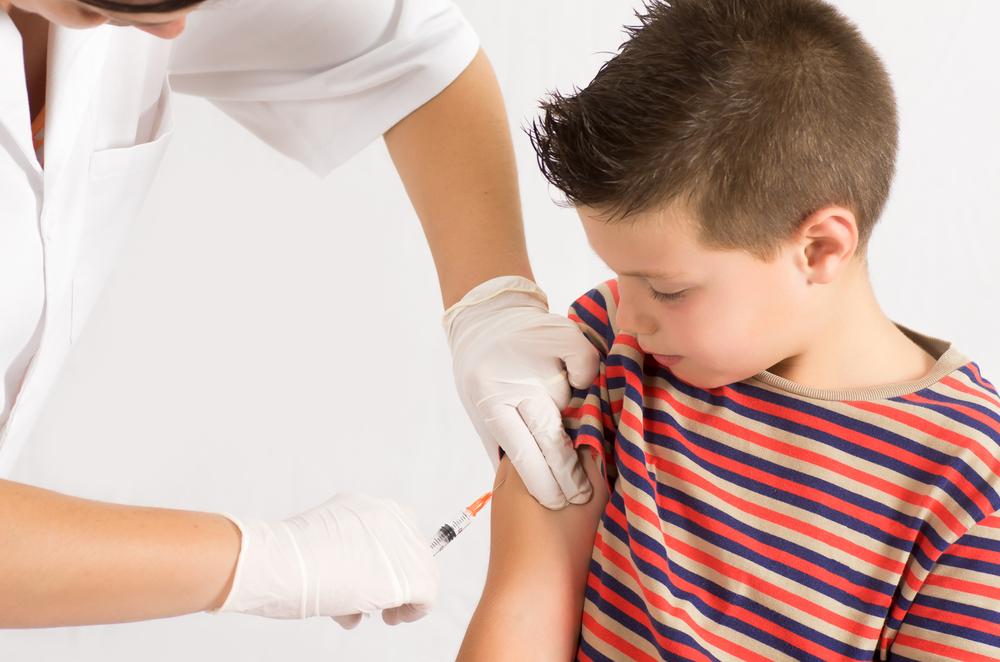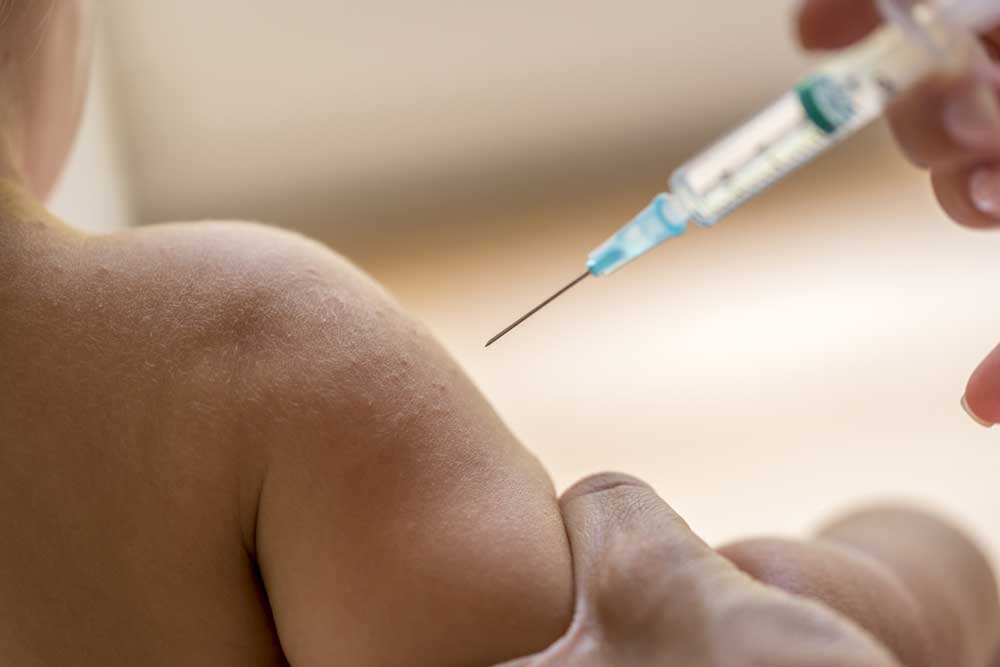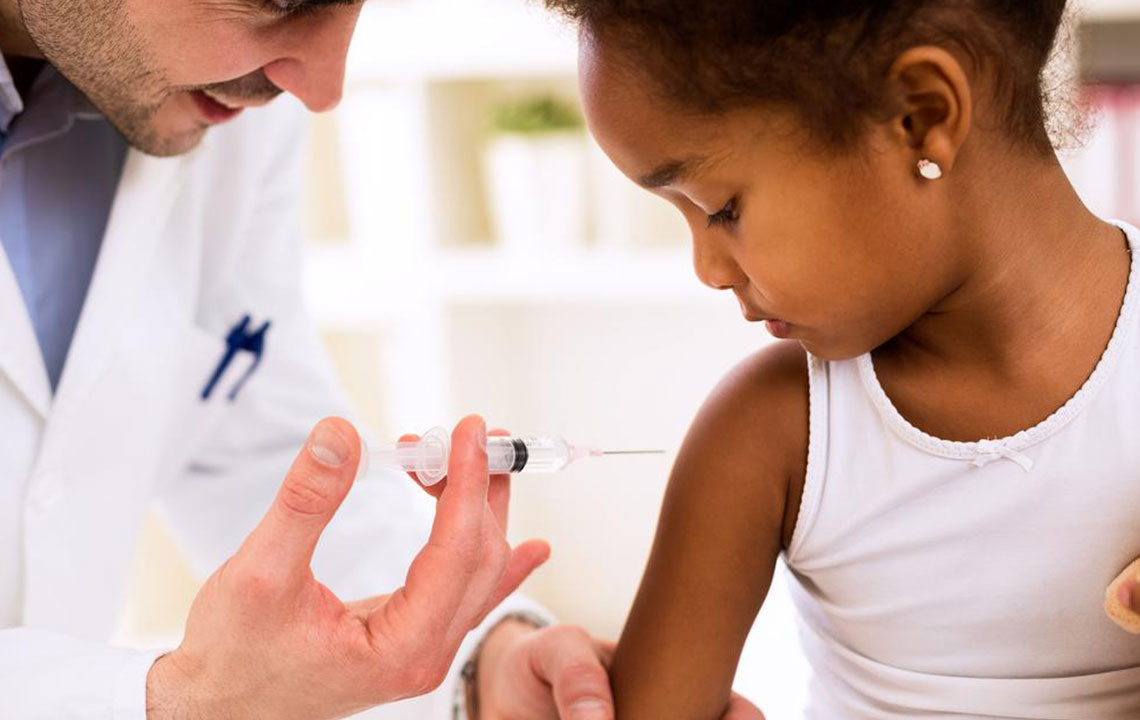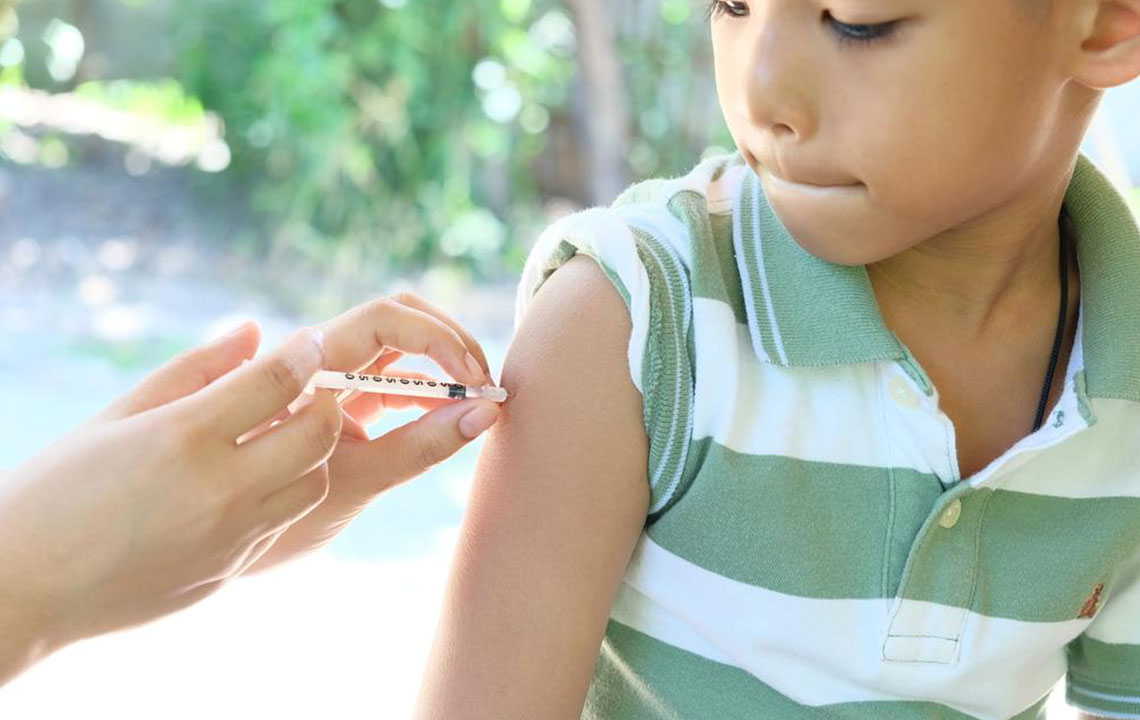Comprehensive Vaccination Schedule for Children from Birth to Six Years Old
This comprehensive vaccination guide outlines the essential immunization schedule from birth to six years, emphasizing the importance of timely vaccines such as Hepatitis B, DTaP, Hib, PCV, RV, IPV, MMR, Varicella, and Hepatitis A. Following this schedule helps protect children from serious diseases, ensuring their health and well-being. The article provides detailed information on doses and timing, supporting parents and caregivers in maintaining effective immunization practices for their children’s lifelong health.

Complete Guide to Childhood Vaccinations (0-6 Years)
Ensuring your child's health and safety involves adhering to an effective immunization schedule. Vaccinations are a cornerstone of pediatric health care, protecting children from a variety of potentially serious diseases. The Centers for Disease Control and Prevention (CDC) provides a detailed vaccination timetable designed to safeguard children at critical developmental stages. Following this schedule closely can help your child develop robust immunity against 14 common childhood illnesses by the age of two, setting a foundation for lifelong health.
Essential Vaccines for Children Aged 0 to 6 Years:
Hepatitis B (HepB) is a vital first immunization, recommended immediately after birth. Typically, the first dose is given within the child's first 24 hours—often before discharge from the hospital. A second dose follows at 1-2 months of age, with a final dose administered between 6 to 18 months. This schedule ensures early protection against hepatitis B, a serious liver infection that can become chronic if not prevented early.
During the period from 6 to 18 months, the final HepB dose should be administered, completing the primary series needed for immunity.
Diphtheria, Tetanus, and Pertussis (DTaP) vaccines are crucial in protecting young children from these potentially deadly bacterial diseases. The CDC advises administering DTaP at 2 months, 4 months, and 6 months of age. A fourth dose is typically given between 15 and 18 months to reinforce immunity. A fifth dose is often scheduled when the child is between 4 and 6 years old, maintaining protection during early school years. This stepwise approach helps in establishing long-lasting immunity.
Haemophilus influenzae type B (Hib) vaccine plays a significant role in preventing severe bacterial infections that can cause meningitis, pneumonia, and epiglottitis. The vaccination schedule includes three doses at 2, 4, and 6 months. An additional booster dose is recommended between 12 and 15 months to ensure sustained immunity during early childhood. Administering Hib vaccines on this timeline drastically reduces the risk of invasive bacterial diseases.
Pneumococcal Conjugate Vaccine (PCV) is another vital immunization, typically given at 2, 4, and 6 months. A booster shot between 12 and 15 months is necessary to enhance protection, especially against pneumococcal diseases like pneumonia, meningitis, and bloodstream infections. Routine pneumococcal vaccination has significantly decreased the incidence of these serious illnesses among children.
Rotavirus (RV) vaccination involves a series of three doses administered at 2, 4, and 6 months. Rotavirus is a common cause of severe diarrhea and dehydration in infants and young children. Early vaccination helps prevent hospitalizations and complications associated with rotavirus infections.
Polio (IPV) vaccines are critical for safeguarding against poliomyelitis, a disabling disease caused by the poliovirus. The IPV series includes doses at 2 and 4 months, with a third dose given between 6 and 18 months. To maintain long-term protection, a booster dose is recommended at 4-6 years of age.
Influenza (Flu) vaccination is recommended annually for children over 6 months. Seasonal flu shots help protect children from circulating influenza viruses, reducing illness severity, hospitalization risks, and preventing outbreaks.
Mumps, Measles, and Rubella (MMR) vaccines are administered in two doses; the first is scheduled between 12 and 15 months, with the second dose at 4-6 years. These vaccines are essential in preventing these highly contagious and potentially severe diseases.
Chickenpox (Varicella) vaccination involves two doses. The first dose is recommended between 12 and 15 months, with the second at 4-6 years. Proper vaccination can prevent the common childhood illness, which in some cases can lead to complications.
Hepatitis A immunization requires two doses, generally administered between ages one and two. Hepatitis A is a liver disease caused by the hepatitis A virus, preventing it via vaccination is crucial in reducing disease transmission and severity.
Following a carefully structured vaccination schedule not only protects individual children but also helps establish herd immunity, safeguarding vulnerable populations and reducing disease outbreaks within communities. Parents and caregivers should consult pediatric healthcare providers to ensure timely vaccinations and address any questions about vaccine safety and efficacy. Staying informed and adhering to the CDC's vaccination schedule is essential for fostering a healthier future for children and communities alike.




